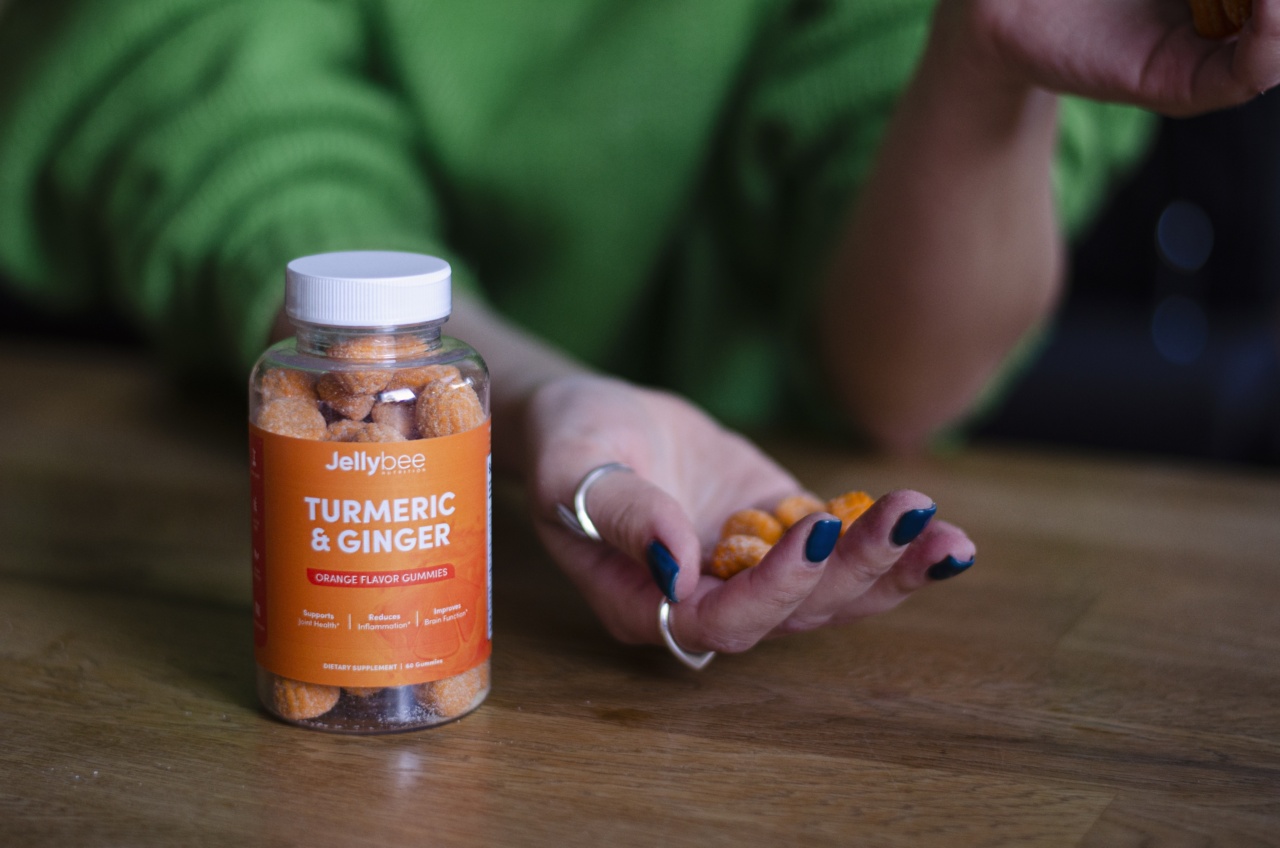Vitamins are essential nutrients that our bodies need to function properly. From boosting our immunity to strengthening our hearts and minds, vitamins play a crucial role in maintaining good health.
In this article, we’ll explore the best sources of vitamins for various body functions and ways to incorporate them into our diets.
Vitamin C for Immunity
Vitamin C is a powerful antioxidant that helps protect our cells from damage caused by free radicals. It is also essential for our immune system, as it helps our body produce white blood cells that fight off infections. The best sources of vitamin C are:.
- Oranges
- Grapefruits
- Lemons
- Limes
- Berries (strawberries, raspberries, blueberries)
- Kiwi
- Tomatoes
It’s easy to incorporate these vitamin C-rich foods into our diets by snacking on fresh fruit or adding them to salads and smoothies.
Vitamin D for Strong Bones
Vitamin D is essential for strong bones and teeth, as it helps our body absorb calcium and phosphorus. It also plays a role in maintaining a healthy immune system and reducing inflammation. The best sources of vitamin D are:.
- Fatty fish (salmon, tuna, mackerel)
- Egg yolks
- Mushrooms
- Fortified milk and dairy products
Getting enough vitamin D can be challenging, especially for those who live in areas with limited sunlight. Taking a vitamin D supplement or incorporating these foods into our diet can help ensure we’re getting enough of this vital nutrient.
Vitamin E for Heart Health
Vitamin E is a powerful antioxidant that helps protect our cells from damage and is essential for heart health. It helps reduce inflammation and improve blood flow, which can lower the risk of heart disease. The best sources of vitamin E are:.
- Nuts (almonds, peanuts, hazelnuts)
- Seeds (sunflower seeds, pumpkin seeds)
- Leafy green vegetables (spinach, kale, collard greens)
- Avocados
- Whole grains (brown rice, quinoa, oats)
Adding these vitamin E-rich foods to our diet can help support our heart health and reduce the risk of cardiovascular disease.
Vitamin B for Brain Function
Vitamin B plays a crucial role in brain function and is essential for maintaining a healthy nervous system. It helps our body produce neurotransmitters that regulate mood, sleep, and appetite. The best sources of vitamin B are:.
- Fatty fish
- Lean meats (poultry, beef, pork)
- Leafy green vegetables
- Legumes (beans, lentils, peas)
- Eggs
- Whole grains
Adding these vitamin B-rich foods to our diet can help improve our cognitive function and support a healthy nervous system.
Vitamin A for Eye Health
Vitamin A is essential for maintaining good vision and healthy skin. It helps our eyes adjust to changes in light and reduces the risk of age-related macular degeneration. The best sources of vitamin A are:.
- Carrots
- Sweet potatoes
- Spinach
- Kale
- Pumpkin
- Mangoes
- Apricots
Adding these vitamin A-rich foods to our diet can help maintain good vision and promote healthy skin.
How to Incorporate Vitamins into Your Diet
The best way to incorporate vitamins into our diet is by eating a balanced and varied diet that includes plenty of fresh fruits, vegetables, whole grains, lean protein, and healthy fats.
It’s also important to avoid processed foods and sugary drinks, which can deplete our body of essential nutrients.
If we’re not getting enough vitamins from our diet, we can consider taking a multivitamin or a supplement that targets a specific nutrient deficiency.
However, it’s important to consult with a healthcare professional before starting any supplement regimen.
Conclusion
Vitamins play a crucial role in maintaining good health and supporting various body functions. Eating a balanced diet that includes plenty of vitamin-rich foods is the best way to ensure we’re getting enough of these essential nutrients.
By incorporating the best sources of vitamins into our diet, we can strengthen our heart, mind, and immunity and enjoy better health and wellbeing.






























